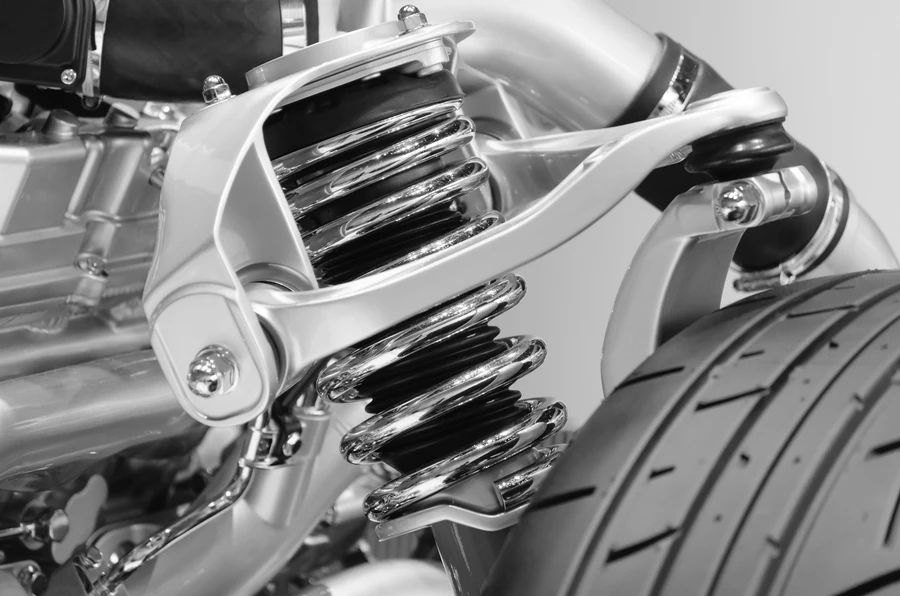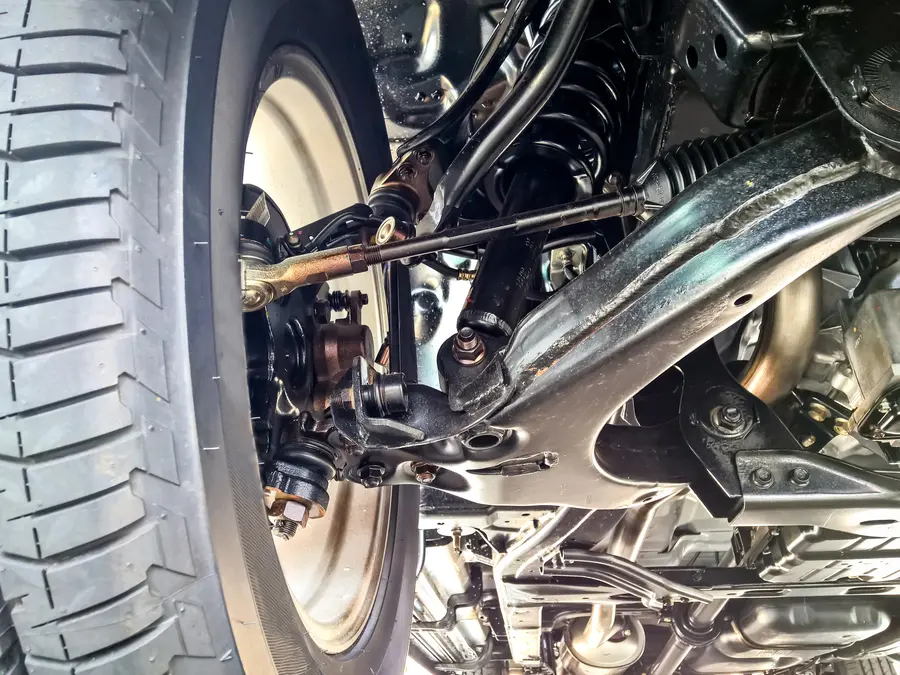Understanding How Suspension Affects Your Tires
Your vehicle’s suspension system plays a crucial role in maintaining smooth and safe rides. It is designed to absorb shocks from road surfaces, ensuring that tires stay in contact with the ground. When this system fails, it can have significant effects on tire wear. Understanding these impacts helps you take proactive steps to maintain your vehicle’s health.

The Role of Vehicle Suspension in Tire Performance
Suspension repair ensures your car handles well by keeping all four tires firmly on the road. When the suspension is compromised, uneven tire wear occurs. This happens because the tires do not make uniform contact with the road surface, leading to premature wear on certain parts of the tire. Regular checks and repairs help avoid these issues.
Signs That Indicate Problems With Tire Wear
Sometimes, tires show visible signs of trouble before any suspension repair becomes necessary. Look for tread depth differences across your tires. Pay attention if you notice one side wearing out quicker than the other. Also, keep an eye out for vibrations or pulling sensations when driving, as these can indicate alignment issues caused by faulty suspension.

How to Address Uneven Tire Wear Issues
Once you identify uneven tire wear, taking quick action can save you money and improve safety. Start by getting a professional inspection of your suspension system. The mechanics will check components like shock absorbers and struts for damage. They might recommend suspension repair to restore balance and ensure even pressure distribution across your tires.
- Check tire tread depth regularly
- Get wheel alignment checked twice a year
- Seek expert advice if handling feels off
- Replace damaged suspension components promptly
Benefits of Timely Suspension Maintenance
Taking care of your suspension provides several benefits. Firstly, it extends the lifespan of your tires, saving you money in the long run. Secondly, it enhances driving comfort and stability, which increases safety on the road. Lastly, it keeps fuel efficiency optimal since worn-out tires can increase resistance and reduce mileage.
Common Challenges in Detecting Early Signs
It can be challenging to spot early signs of suspension issues without professional help. Often, drivers overlook subtle changes until they lead to more noticeable problems like poor handling or noise while driving. By being proactive and scheduling regular inspections, you can catch these issues early and avoid costly repairs down the line.
Expert Tips for Maintaining Your Tires and Suspension
Experts recommend checking your tire pressure monthly and adjusting it according to your vehicle’s specifications. Furthermore, rotate your tires every 5,000-7,000 miles to promote even wear. Keeping records of maintenance services also helps track when parts need replacement, which reduces downtime and potential hazards.
- Inspect tire condition visually each month
- Schedule routine suspension checks bi-annually
- Maintain proper tire inflation levels consistently
- Rotate tires at specified mileage intervals
- Keep detailed maintenance logs for future reference
The Cost Implications of Ignoring Suspension Issues
Ignoring problems with your suspension could lead to expensive consequences. Not only does it shorten tire life, but it also risks damaging other parts of your vehicle such as brakes and steering systems. Investing in timely repairs offers better value by preventing these additional costs and enhancing overall vehicle performance.
Take Action Now for Safer Driving Experiences
If you’re noticing unusual wear on your tires or experiencing handling issues, it’s time to consult with professionals. At SB Mobile Auto Care LLC, I offer comprehensive services to keep your vehicle running smoothly. Based in Haskell, NJ, I am committed to providing top-tier solutions tailored to your needs. Reach out at (862) 446-3249 for expert assistance today.
